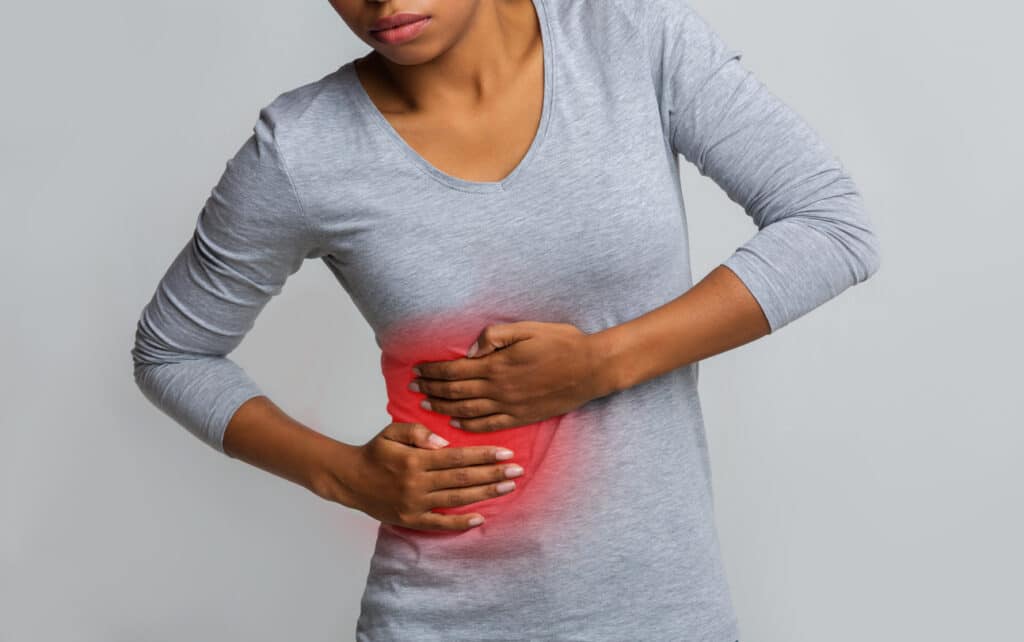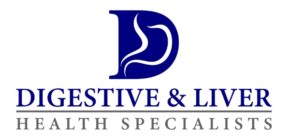a guide for maintaining a healthier liver

At Digestive and Liver Health Specialists, our aim is to provide you with accurate information regarding various gastroenterological conditions. In this article, we'll take a closer look at fatty liver disease; a condition which affects liver cells that can be managed with lifestyle modifications.
What is fatty liver disease (hepatic steatosis)
Fatty liver disease, also referred to as Hepatic Steatosis, occurs when there is an accumulation of fat within liver cells that disrupts its normal function and may lead to inflammation and damage of the organ. There are two forms of this condition: alcohol-induced fatty liver disease and non-alcoholic fatty liver disease (NAFLD). Both may affect those who consume alcohol excessively and who have unhealthy eating habits.
causes and risk factors for fatty liver disease
- Obesity: Being overweight or obese increases your risk for fatty liver disease.
- Unhealthy Diet: Eating too many processed foods, sugary drinks and saturated fats is associated with liver fat accumulation.
- Type 2 Diabetes: Individuals living with this form of diabetes are more prone to developing fatty liver disease.
- High Cholesterol and Triglycerides: High levels of cholesterol and triglycerides in the blood can contribute to liver fat accumulation.
- Sedentary Lifestyle: Prolonged inactivity increases your risk for fatty liver disease.
symptoms and Complications
Early on, fatty liver disease often does not present with obvious symptoms; however, as the disease advances it may lead to complications which include:
- Fatigue: Feeling tired or weak even after adequate rest.
- Abdominal Discomfort: Mild pain or discomfort on the upper right side of the abdomen.
- Enlarged Liver: Sometimes the liver can become enlarged and tender to touch, becoming painful to press against it.
Complications: Fatty liver disease can lead to liver inflammation, scarring (cirrhosis) and increased risks for liver cancer.
prevention and treatment
- Healthy Eating: For optimal health, follow a balanced diet consisting of plenty of fruits, vegetables, whole grains and lean proteins while limiting processed food products, sugary snacks and beverages.
- Regular Exercise: Engage in at least 30 minutes of physical activity such as walking, cycling or swimming every day for at least 30 minutes to stay fit and healthy.
- Weight Management: Strive to reach and sustain a healthy body weight or lose any excess pounds if necessary; even modest weight reduction can have major benefits for liver health.
- Limit Alcohol Intake: When it comes to drinking alcohol, consume in moderation. Consult with your healthcare provider regarding appropriate amounts.
- Manage Chronic Conditions: Medications, diet changes and lifestyle modifications can be used to effectively control chronic conditions like diabetes, high cholesterol and high blood pressure.
While fatty liver disease is a relatively common liver condition, lifestyle modifications may help reverse it and even prevent future episodes. By adopting healthy eating practices and engaging in physical activity regularly while also maintaining an ideal weight, you can support the health and overall well-being of your liver. If you suspect fatty liver disease or have concerns. If you suspect fatty liver disease or have concerns about your weight, consult a gastroenterology provider at Digestive and Liver Health Specialists.

